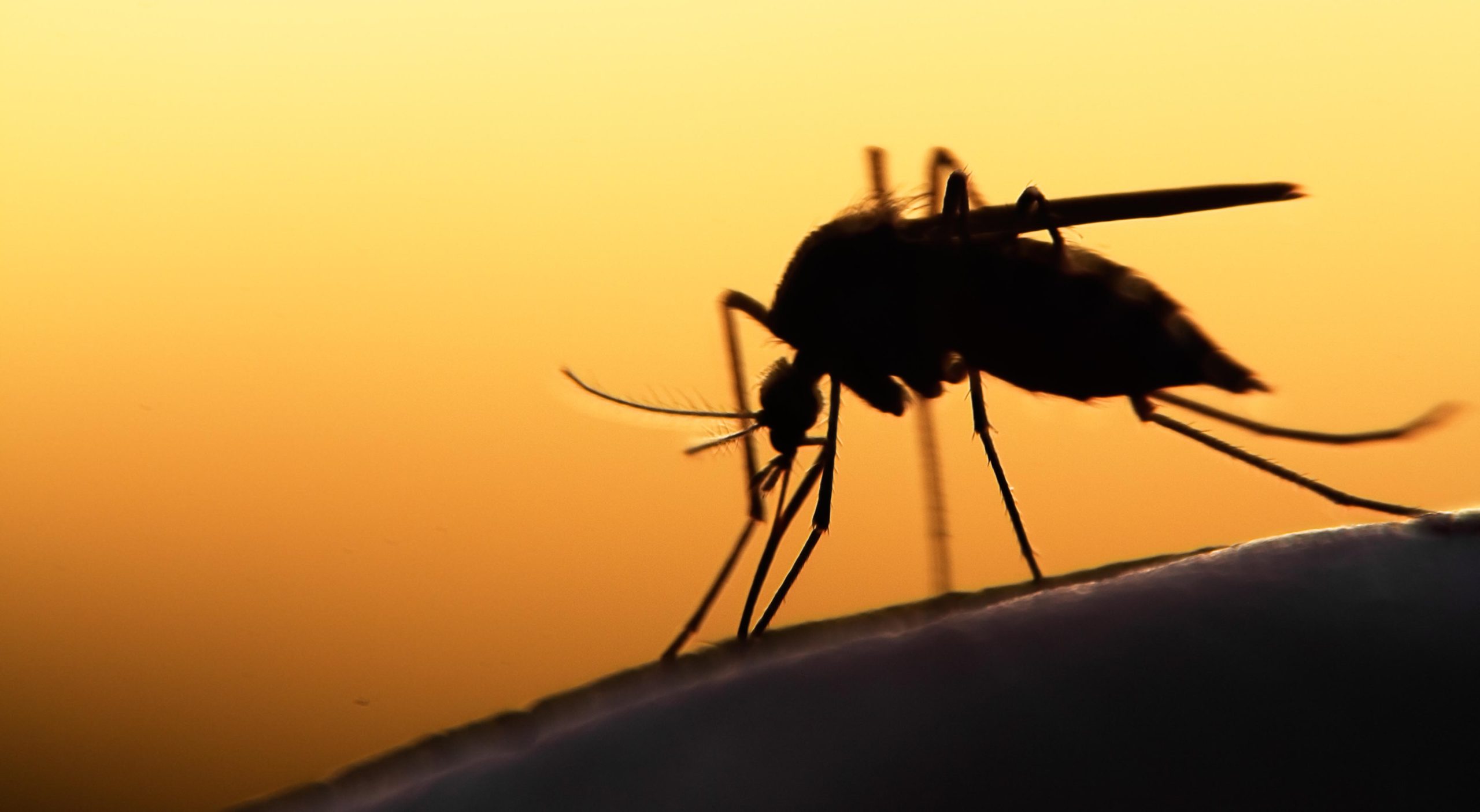History of Malaria

Since the dawn of recorded history, Malaria holds rank with some of the most deadly predators of humankind.
Malaria’s Symptoms
Malaria victims experience fever and crushing headaches, and in the severest of cases, the disease worsens into hallucinations, coma and death.
Famed Australian immunologist, Macfarlane Burnet was once quoted as saying ‘that malaria has caused the greatest harm to the greatest number, not through cataclysms, as with bubonic plague, but through it continual winnowing effect. While a handful of early 19th Century scientists helped pave the way to understanding the transmission vector of Malaria, on August 20th, 1897, a young British army surgeon named Ronald Ross discovered the Malaria-causing parasite Plasmodium in the stomachs of Anopheles mosquitoes.
The great breakthrough was made in his laboratory in Secunderabad India, on what would become known as Mosquito Day. He writes in his diary on that fateful day:
“In each of these cells there was a cluster of small granules, black as jet and exactly like the black pigment granules of the Plasmodium crescents. No no I said. Dame Nature you are a sorceress indeed, but you don’t trick me so easily. The malarial pigment cannot get into the walls of the mosquito’s stomach; the flagella have no pigment; you are playing another trick upon me! I made rough drawings of nine of the cells, scribbled my notes, sealed my specimen, went home to tea and slept solidly for an hour. When I awoke with mind refreshed my first thought was Eureka, Lad, you’ve solved the bloody problem! Ross had found in the stomach wall of an Anopheles mosquito the eggs which are the intermediate stage of the Plasmodium life cycle.”
Since his discovery, through the use of mosquito eradication techniques, Malaria was largely vanquished in the Twentieth Century, only in recent years, Malaria has seen a rather swift and startling resurgence. In 2017, the World Health Organization estimated that 435,000 deaths were caused by Malaria, while 93% of these losses occurred on the African continent.
